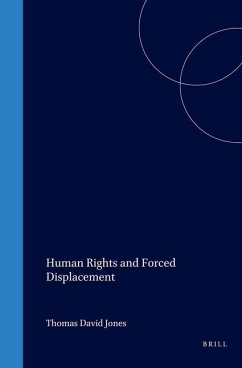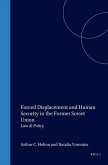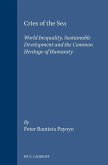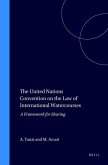A comprehensive approach to the problem of forced displacement involves understanding and addressing human rights issues in a multiplicity of forms. This collection aims to contribute to the institutional capacities of the many different players to `operationalise' the human rights of refugees and the internally displaced, by conceptualising the emerging issues and priorities, and advancing policy thinking on human rights and forced displacement. Each of the sections of the book approaches this issue from a different perspective. The section on standards asks: What international human rights standards apply to the forcibly displaced? How do they apply? Have there been failures? Are there gaps in the international standards? Are there conflicts? The section on monitoring reporting asks: Who monitors human rights violations? Who reports the findings, and to whom? What are the respective responsibilities of the different actors? The section on solutions asks where solutions lie: Environmental planning and development? International prosecution of war criminals? Rebuilding legal infrastructures and national institutions? Enhancing the role of human rights NGOs to monitor, report, and frame forced displacement in human rights terms for increased public understanding and interest? The final section looks to the future, and considers where asylum fits into the spectrum of solving the nature of forced displacement today, the capacities and limitations of international criminal tribunals and the co-operative arrangements and practical divisions of labour that need to be fashioned between international agencies, and service relief providers.
Hinweis: Dieser Artikel kann nur an eine deutsche Lieferadresse ausgeliefert werden.
Hinweis: Dieser Artikel kann nur an eine deutsche Lieferadresse ausgeliefert werden.








